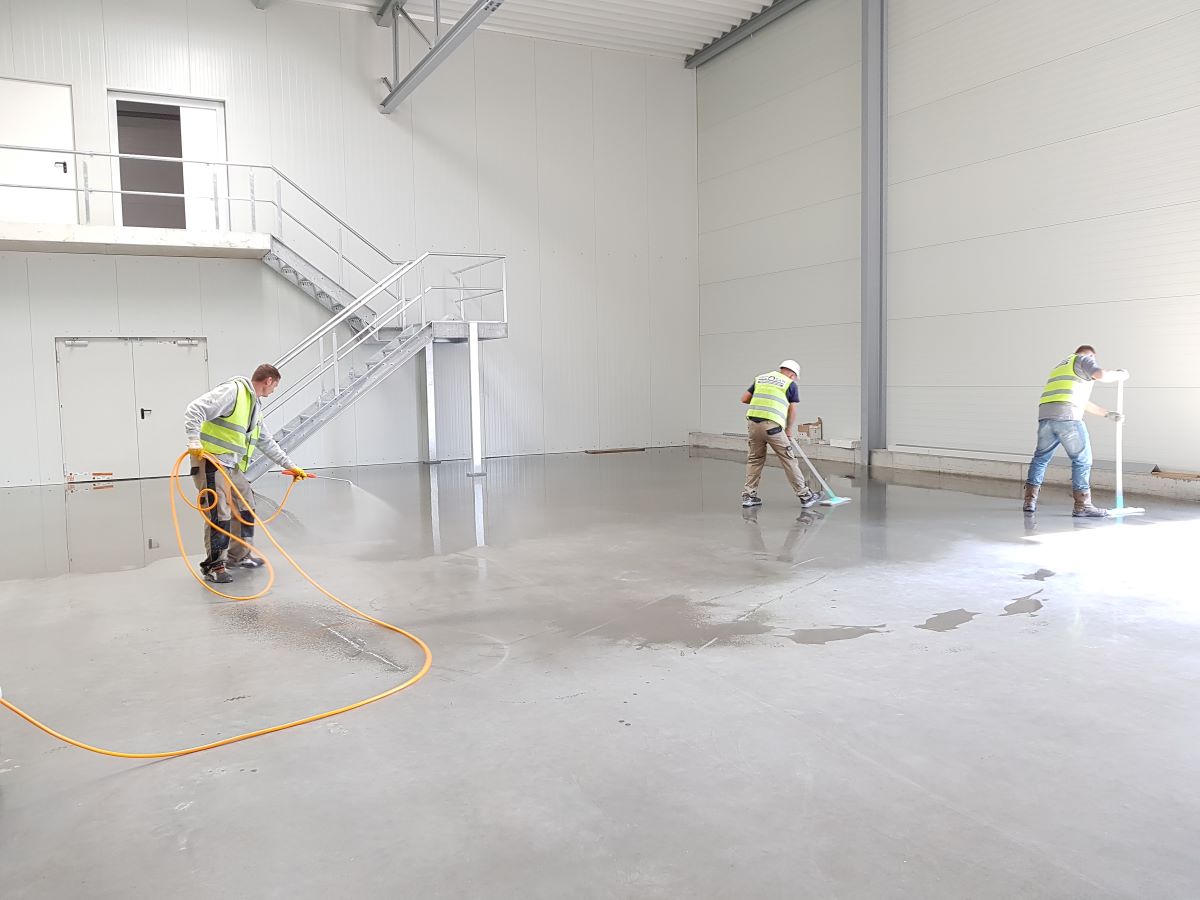How To Choose The Right Automation Solution For Your Small Business

1. Understand what your business needs
Implementing automation in the right places is impossible when you don’t know your business’s challenges regarding efficiency, productivity, and error margins. The best way to understand your business needs is to survey your workers. Find out which departments are more error-prone due to too much human intervention. Identify the areas of your operations that use employee time the least. Doing this will help you identify your business’s biggest operational bottlenecks.
2. Service and replacement parts
As indicated earlier, there are different types of automation – fixed, programmable, and flexible. Fixed automation solutions are mostly found in manufacturing and production lines. Typical examples are industrial robots performing various manufacturing and production line functions. These types of automated solutions need service and replacement parts. And it’s important to consider how easy it is to find such replacement parts if needed. For example, before you invest in any FANUC automation or robotics solution for your business, you need to know how and where to find the necessary FANUC robot parts.
3. Is there an opportunity to scale?
As your business grows, your operational needs will also increase. That means your automation solution should be able to grow with your business. The last thing you want is to invest in a solution that does not allow you to make changes or expand to meet increasing business operational needs. When considering scalability, it makes sense to also keep the cost in mind. You want an opportunity to scale, but you also want to do so more cost-effectively.
4. Consider what other systems you may need to integrate
Will your automation solution work alone, or will you integrate it with other business systems? If integration is required, you must consider how cohesive your ideal automation solution will be with other systems. Thankfully, most automation solutions allow for easy integration with other third-party systems.
5. Programmable features
Another important factor to bear in mind when choosing the right automation solution is programmability. Does it come with programmable software? That is important because different businesses have unique needs. It’s important to have a solution flexible enough to accommodate your company’s specific needs.
6. A well-trained staff
Regardless of your automation solution, you’ll need an employee or a team equipped with the right training to operate or use it. You can do this in two ways. You can hire workers who have the expertise or train already existing employees to take up the extra responsibility.



 A company’s worth is directly connected to its total assets. The assets may seem irrelevant to the public’s view but are the bedrock of the entire enterprise.
A company’s worth is directly connected to its total assets. The assets may seem irrelevant to the public’s view but are the bedrock of the entire enterprise. It is very common for businesses to plateau once they are past the growth stage. Business owners might find it difficult to grow their businesses beyond certain levels or to even increase their revenues. The good news is that there are a few things you can do to take your business to the next level, unlocking additional opportunities for sales, revenue, and overall business growth.
It is very common for businesses to plateau once they are past the growth stage. Business owners might find it difficult to grow their businesses beyond certain levels or to even increase their revenues. The good news is that there are a few things you can do to take your business to the next level, unlocking additional opportunities for sales, revenue, and overall business growth.